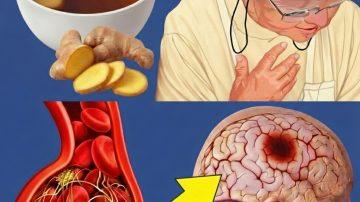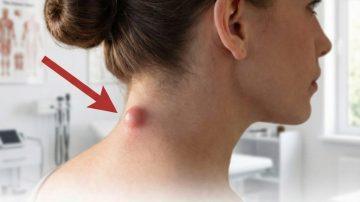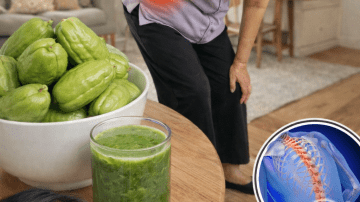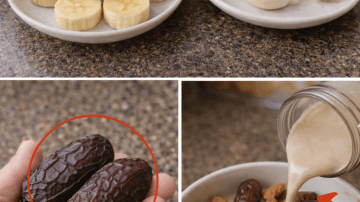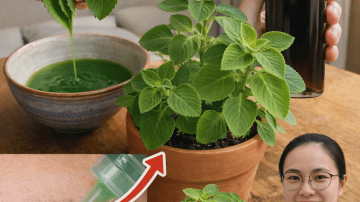The fear of the dental drill and the sting of sensitivity are universal. Cavities and tooth discomfort creep in when we least expect them, often signaling a breakdown in our daily habits. But here is the empowering truth: preventing tooth decay and strengthening your enamel does not require harsh chemicals or complicated treatments. The foundation of a strong, healthy smile is built with mindful eating and simple, consistent natural care.

Your oral health is a direct reflection of your internal wellness. When your body is properly nourished with the right minerals, it possesses the astonishing ability to remineralize and protect your teeth against the acid attacks that lead to cavities. Ignoring these foundational habits is the biggest risk you take.
Ready to take control of your long-term dental health? We’ve compiled 10 essential, natural habits—from optimizing your diet to mastering ancient techniques like oil pulling—that can fortify your enamel, reduce harmful bacteria, and keep your smile strong for life.
🍎 Pillar 1: The Nutritional Foundation—Feeding Your Enamel
Your teeth require a steady supply of specific minerals to stay hard, resilient, and ready to fight decay. This process, called remineralization, is directly fueled by your diet.
1. 🥬 Nourish Your Teeth with the Right Minerals
- The Deficiency Risk: Enamel strength relies on calcium and phosphorus, which are often lacking in processed diets.
- The Fix:Maximize Mineral Intake. Prioritize nutrient-dense foods:
- Calcium-Rich: Leafy greens (collard greens, kale), sesame seeds, and plain, grass-fed yogurt (excellent source).
- Phosphorus-Rich: Eggs, wild-caught fish (salmon, sardines), and almonds.
2. 🧈 Embrace Healthy Fats (Vitamins A, D, and K2)
- The Deficiency Risk: Fat-soluble vitamins (A, D, K2) are crucial for integrating calcium into bones and teeth. Without them, calcium can’t do its job.
- The Fix: Consume Fat-Soluble Vitamins. Use coconut oil (excellent for cooking) and grass-fed butter (rich in Vitamin K2 and D) to cook your vegetables. These fats are vital for tooth remineralization.
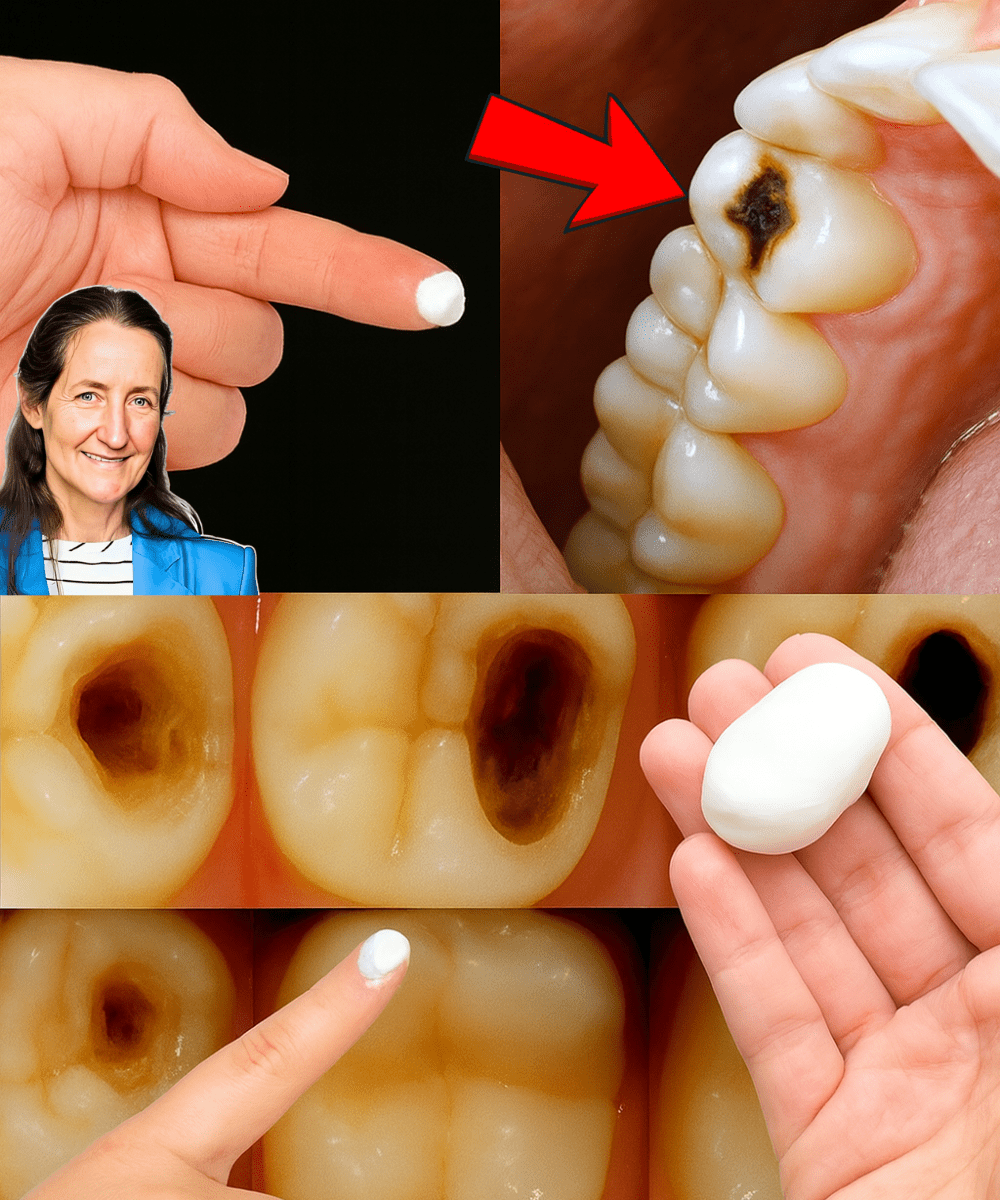
3. 🌾 Reduce Phytic Acid for Better Mineral Absorption
- The Challenge: Phytic acid, found primarily in the outer layers of grains, seeds, and legumes, acts as a mineral blocker, binding to vital nutrients like calcium and zinc and preventing their absorption.
- The Fix: Activate Your Foods. Use traditional preparation methods like soaking or sprouting legumes and nuts before cooking or consumption. This process breaks down the phytic acid, allowing your body to access the minerals.
4. 🚫 Cut Back on Processed & Sticky Sugars
- The Challenge: Sugar and highly processed carbohydrates (white bread, crackers, dried fruits) feed the harmful oral bacteria (Streptococcus mutans) that produce the corrosive acid responsible for cavities.
- The Fix: Eliminate Hidden Sugar. Drastically limit sweetened drinks, sticky candies, and highly processed flour products. Instead, choose crunchy, raw vegetables (like carrots or celery, which naturally scrub teeth) and fresh fruit in moderation.
🧼 Pillar 2: The Daily Defense—Home Hygiene Rituals
Consistent, mindful cleaning goes far beyond a quick two-minute scrub. These targeted habits help manage the oral microbiome and protect sensitive tissues.
5. 🥥 Master Oil Pulling for Bacteria Reduction
- The Science: This ancient Ayurvedic technique involves swishing oil (typically coconut oil) in the mouth. The oil’s lauric acid has mild antimicrobial properties and physically binds to bacteria and toxins in the mouth.
- The Fix: Swish 1 tablespoon of coconut oil for 5 to 15 minutes, first thing in the morning. SPIT THE OIL INTO THE TRASH, not the sink (to prevent clogs), and rinse your mouth with water.
6. 💧 Stay Hydrated to Support Saliva Production
- The Challenge: Saliva is your body’s natural defense mechanism. It neutralizes acid, washes away food debris, and contains minerals for remineralization. Dehydration reduces saliva flow.
- The Fix: Sip Water Consistently. Maintain adequate hydration throughout the day to ensure a constant flow of protective saliva.
7. 🪥 Master Gentle, Effective Brushing
- The Challenge: Aggressive brushing can wear down enamel and irritate gums.
- The Fix: Use a soft-bristled toothbrush and brush with gentle, circular motions for two full minutes. Focus on the gum line and all tooth surfaces. If you prefer natural options, choose a fluoride-free toothpaste with gentle abrasives like baking soda.
8. 🎗️ Don’t Skip the Floss
- The Challenge: Floss removes plaque and debris from the areas your toothbrush cannot reach—between teeth and under the gumline—where decay and gum disease often start.
- The Fix: Floss daily. This is non-negotiable for preventing interproximal (between teeth) cavities.
👩⚕️ Pillar 3: Professional Accountability and Monitoring
Natural remedies are a fantastic tool for prevention, but they are not a substitute for a licensed professional.
9. 🦷 Prioritize Regular Dental Checkups
- The Challenge: Cavities often start small and asymptomatically. Early detection is the key to minimizing damage.
- The Fix: Visit your dentist for routine cleanings and checkups (usually twice a year). They can spot minor issues, check for developing cavities, and monitor gum health.
10. 🚨 Pay Attention to Warning Signs
- The Challenge: Ignoring persistent pain or sensitivity.
- The Fix: Consult your dentist immediately if you notice any pain, increased sensitivity (to hot/cold/sweet), visible dark spots, or persistent bleeding/swollen gums. Early treatment of a small cavity saves the tooth.
👑 Final Thoughts: Invest in Your Smile’s Longevity
Achieving and maintaining a strong, healthy smile is a rewarding commitment, but it requires more than just brushing. It demands a holistic approach that starts in the kitchen and is reinforced by daily habits.
By focusing on mineral-rich nutrition, reducing sugar and phytic acid, and mastering daily hygiene rituals like oil pulling, you are empowering your body’s natural ability to fight decay. Your smile is a reflection of your overall wellness—treat it with the love and intention it deserves.
Ready to start? Which one of these ten essential habits will you master this week?

